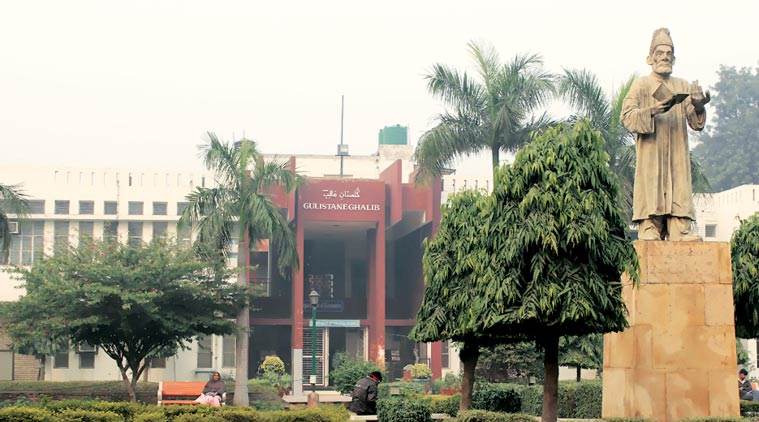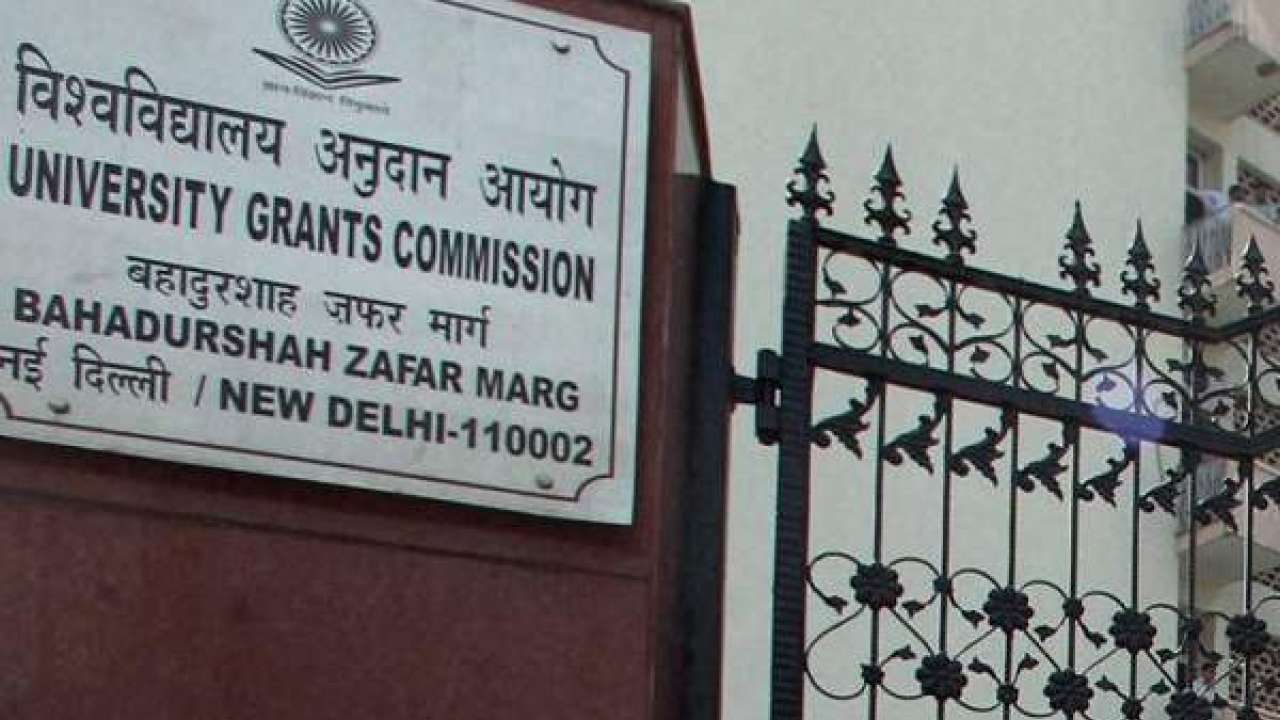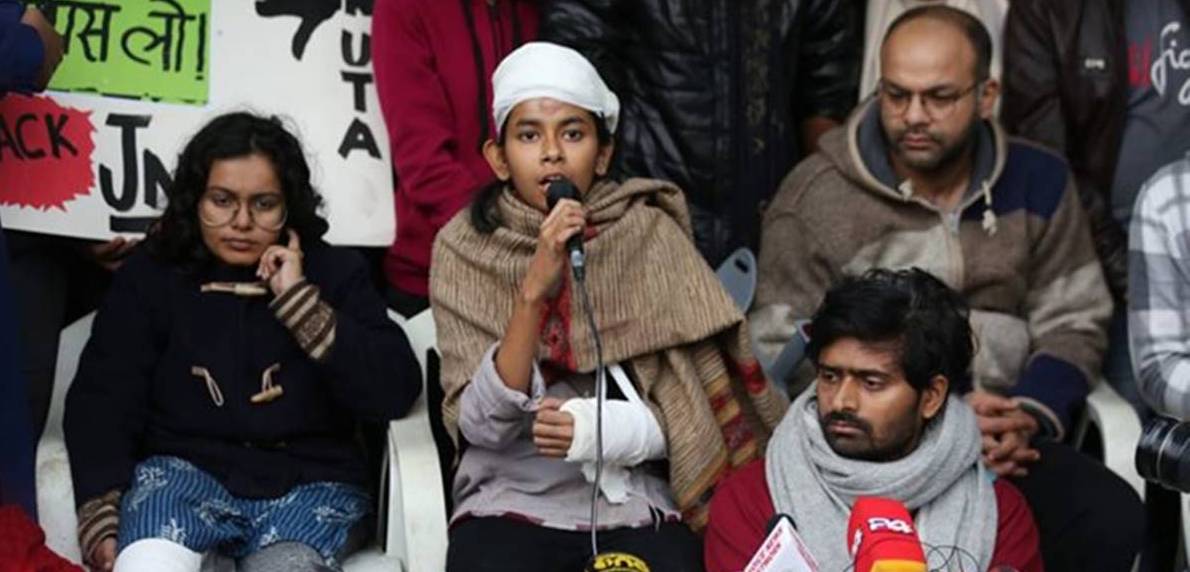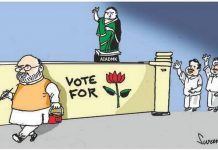VIEWPOINT
Minority institutions in a nation like India are vital for the maintenance of the secular ethics. The affidavit filed against the minority status of the JMI by the ruling government questions the basis of the secular foundations of the nation.
Farah Noor is Minority Rights Activist – based in Mumbai.

Jamia Millia Islamia was created in the 1920 through the hard work and commitment of thinkers such as Shaikhul Hind Maulana Mahmud Hasan, Maulana Muhammad Ali Jauhar and Dr. Zakir Husain among others. The main philosophical thrust of the institution is to lead to the socio-economic transformation of the masses in general and of the Muslims in particular through the medium of education. To discuss the nature and significance of the university, Zakir Husain said
the movement of Jamia Millia Islamia is a struggle for education and cultural renaissance. It will prepare a blueprint for Indian Muslims which may focus on Islam but simultaneously evolve a national culture for common Indian. It will lay the foundation of the thinking that true religious education will promote patriotism and national integration among Indian Muslims, who will be proud to take part in the future progress of India, which will play its part in the comity of nations for peace and development. The objective of establishment of Jamia Millia Islamia will be to lay down the common curriculum for Indian Muslims taking into account the future challenges and will prepare the children to be masters of future.
We are aware of the fact that Jamia Milia Islamia enjoys a special status as a minority institution. The present government has recently filed an affidavit in the Delhi High Court opposing the minority status of the university. The affidavit challenges the order of the National Commission for Minority Educational Institutions according to which JMI is a minority institution.
The affidavit filed by the BJP government argues that the Board of Jamia is elected and does not necessarily consist of the Muslim majority. Therefore it cannot be argued that the JMI is minority institute. It was added that the university is funded by the central government and was not set up by a minority sect and so it cannot be called a minority institution.In 2011, NCMEI said that : “Jamia was founded by the Muslims for the benefit of Muslims and it never lost its identity as a Muslim minority educational institution”, and was, therefore, “covered under Article 30(1), read with Section 2(g) of the National Commission for Minority Educational Institutions Act”.
Based upon this order, the university put an end to the reservations for SC, ST and OBC students and reserved half of the seats in each course for Muslim candidates.In response to the affidavit the university stated that it would file an objection to the affidavit.The theme of JMI’s minority status has been pending in the Delhi High Court since 2011 because of several writ petitions. A total of five writ petitions have been filed by different people in 2011, challenging the minority status of the institution, where the Jamia administration and different groups associated with the university have been made respondents.
The institution which was conceived to fulfill the socio-cultural and education needs of the minorities in India and especially those of the Muslims shall be allowed to flourish and prosper in a country which boasts of a tradition of secular ethics. Majoritarian dominance and the denial of the voice of communities that exist as minority has been a constant theme of concern inside the secular terrains of the nation-state. To improve and transform a community through education, institutions completely devoted to the cause must be allowed to function and flourish. The nation is a collective of people and communities and when each has been nurtured and looked after, and then only a holistic development is possible.
It is paradoxical that we are fighting to snatch out JMI’s minority status when we can actually work towards improving and building many more such institutions of excellence. The need of the times is to think transcending religious politics and work on building educational institutions where knowledge is disseminated and generations benefit.














